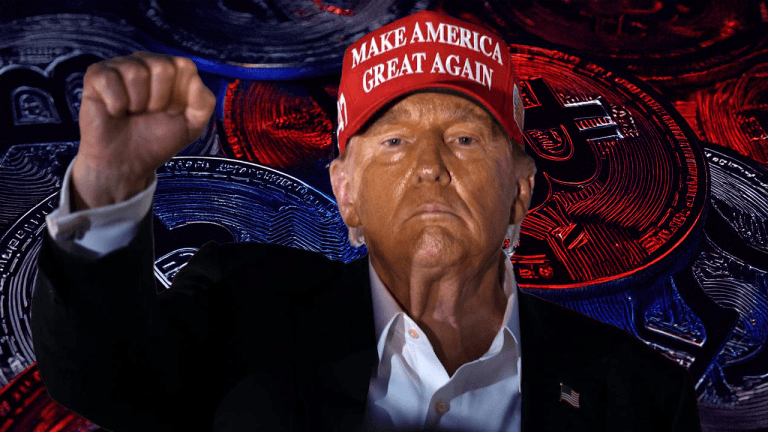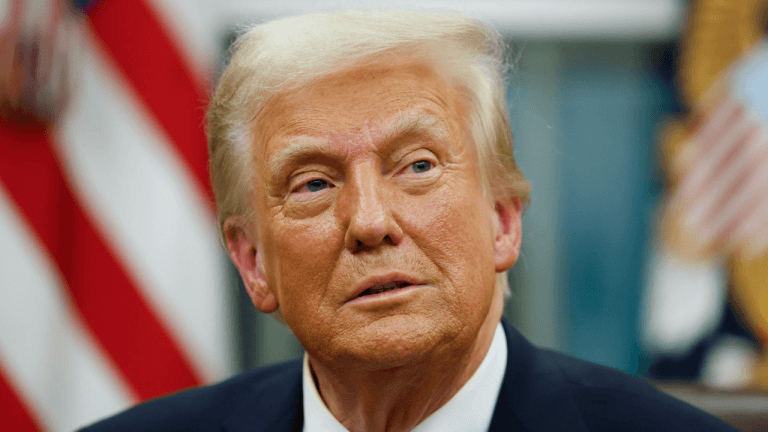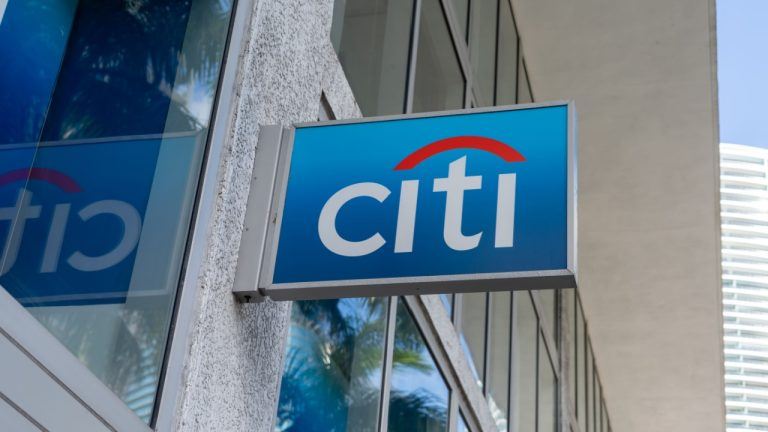This is an opinion editorial by Christopher Louis Tsu, the CEO of Venom Foundation and an entrepreneur with a background in finance, technology and macroeconomics.
Regardless of one’s own perspective on whether bitcoin is a financial asset or an already-established form of money, one thing is clear: it is up to the market to decide the role of bitcoin. The collective power of invested capital and market liquidity will always be the overriding factor.
A Warm Embrace For Bitcoin, With Limits
Bull market or bear market, Bitcoin is rarely out of the news. But it’s safe to say that 2023 has been a particularly-bubbly year in the BTC news cycle. BlackRock, the world’s biggest asset manager with $9 trillion in assets under management (AUM), has applied for a spot bitcoin ETF, with CEO Larry Fink dubbing BTC “an international asset.” Moreover, several other august financial institutions have thrown their hats into the crypto ring with Bitcoin as their focus.
Many of these entities have bought into the asset’s “digital gold” narrative, pioneered by early maxis and subsequently popularized by MicroStrategy’s Michael Saylor. Instead of focusing on monetary uses, this approach views bitcoin as a long-term investment vehicle, inflation hedge and store of value.
The warm embrace of prominent market players shows just how far bitcoin has come as an asset. There have been many landmarks and staging posts along the way, of course, and some turned out to be less consequential than others.
Two years ago, for instance, Starbucks made it possible to buy coffee with bitcoin through a partnership with digital asset company Bakkt. Some hailed this momentous news while others shrugged. The truth is, I don’t see people flocking to pay for their Ristretto Bianco using their favorite cryptocurrency. The reason is not due to the underlying technology, nor regulations — and it’s definitely not that staff would have a hard time noting a wallet number on the cup. It’s because of the only thing about bitcoin that no one can guarantee a fix for in the future: the volatility of its price.
At the risk of stating the obvious, BTC is still not an instrument for buying coffee — although the ability to swap sats for single serve is nice. What Bitcoin represents is the evolution and adoption of a dynamic digital asset class. Every year, the network effects multiply and former claims of illegitimacy become progressively more preposterous. Oftentimes, an old quote from NYSE Chairman Jeff Sprecher springs to mind: “Somehow bitcoin has lived in a swamp and survived.”
What Is Money, Anyway?
But who are we to say what money is? To paraphrase two quotes from Former Federal Reserve Chairman Alan Greenspan (one of which made me chuckle while the other made me think):
"I understand the history of money. When I get some, it's soon history.”
“It’s no longer possible to clearly define money, with ever expanding financial instruments.”
These comments were both made over 20 years ago, and as the sophistication of financial markets and products continues to expand, defining money and its role in the world is even more nuanced than ever before. You might argue that it doesn’t matter whether bitcoin is viewed as money; the fact that it’s deemed valuable is all that counts.
It could well turn out that both Bitcoin maxis and Wall Street are correct, that bitcoin is both money and a long-term store of value. In the near future, BTC will (most likely) be firmly categorized as an asset class unto itself, and diverse financial products will be derived from its underlying intrinsic value. Thereafter, wholesale investors could leverage the advantages of moving large value with reduced counterparty risk and immediate settlement, all done peer to peer, removing much of the unnecessary friction. Individuals, meanwhile, will continue using bitcoin as they see fit.
But here’s the rub: Although the tech is more or less ready, regulation is not. Across the world, regulation of cryptocurrency, specifically bitcoin as well as the wider infrastructure of blockchain technology, is playing catch up. In some regions, like the United Arab Emirates, Switzerland and Singapore to mention a few, regulators made bold decisions on digital assets supported by blockchains (hat tip to the Abu Dhabi Global Market [ADGM] in my hometown). My prediction is that water will find its own level and participation will grow rapidly as we move forward.
Tying a bow on this letter, I should reiterate that markets are smarter than all of us — and capital goes hand-in-hand with the market. Sovereign nations will always want to be a part of the market economy and earn a piece of that capital pie! Whatever happens, don’t expect the Bitcoin business to die down (much less die) anytime soon.
This is a guest post by& Christopher Louis Tsu. Opinions expressed are entirely their own and do not necessarily reflect those of BTC Inc or Bitcoin Magazine.

You can get bonuses upto $100 FREE BONUS when you:
💰 Install these recommended apps:
💲 SocialGood - 100% Crypto Back on Everyday Shopping
💲 xPortal - The DeFi For The Next Billion
💲 CryptoTab Browser - Lightweight, fast, and ready to mine!
💰 Register on these recommended exchanges:
🟡 Binance🟡 Bitfinex🟡 Bitmart🟡 Bittrex🟡 Bitget
🟡 CoinEx🟡 Crypto.com🟡 Gate.io🟡 Huobi🟡 Kucoin.




















Comments